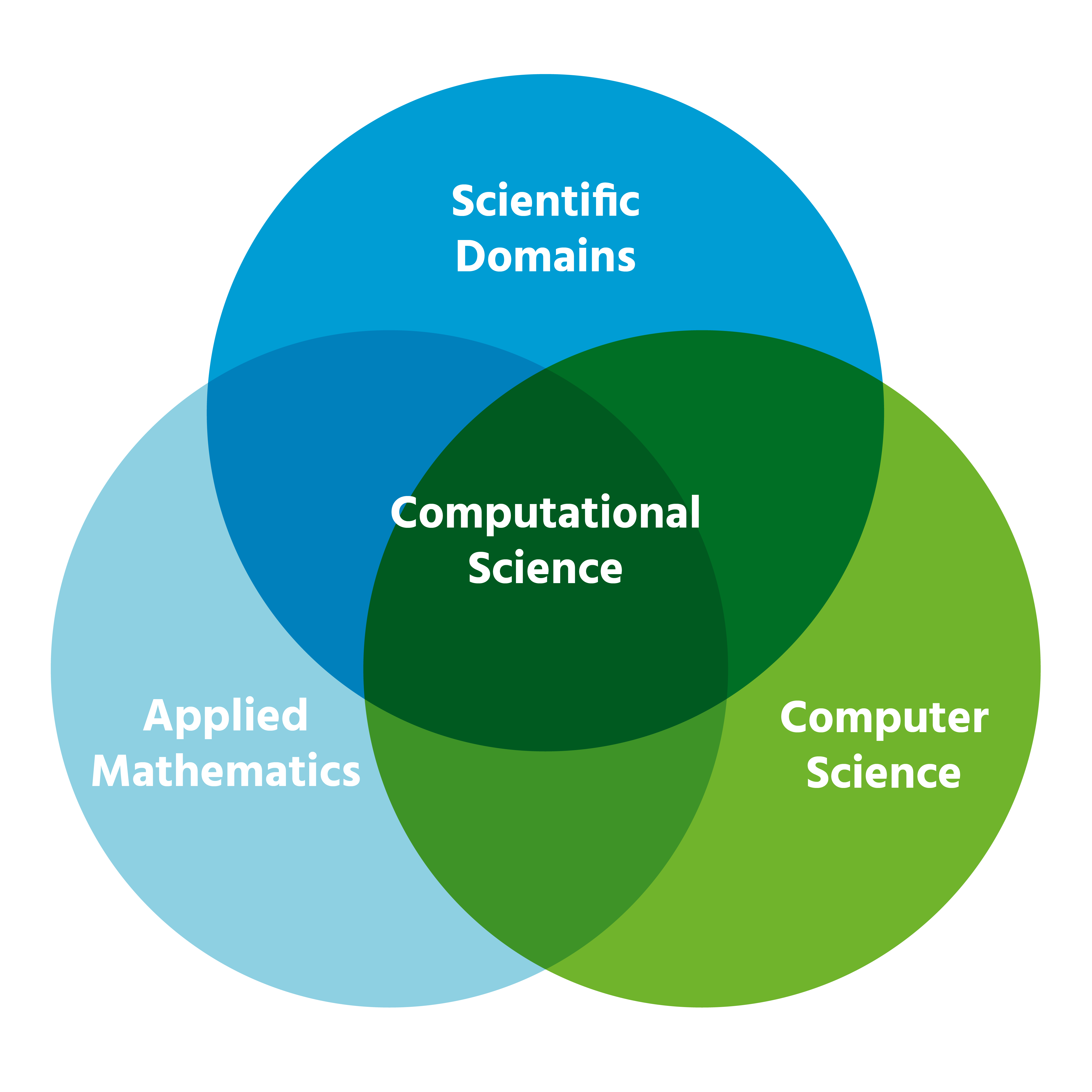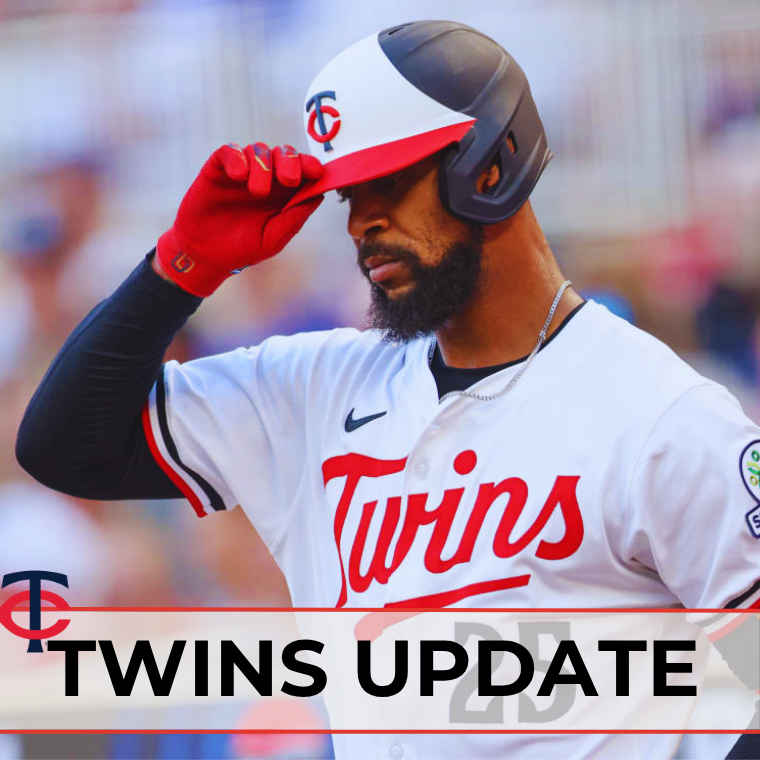Understanding Worldview in Religion: Foundations, Impact, and Practical Guidance
Introduction: The Power of Worldview in Religion
Every person sees the world through a unique set of beliefs, values, and assumptions. In religion, this core framework is known as a worldview . Understanding worldview is crucial for anyone seeking to grasp how religious perspectives influence daily life, relationships, and society. This article explores what a worldview is, why it matters in religion, and how you can examine and engage with your own and others’ worldviews.
Defining Worldview in Religious Context
A worldview is the comprehensive lens through which an individual or community interprets reality and makes sense of life. In religious terms, a worldview shapes how adherents perceive God, humanity, morality, and the purpose of existence. Scholars describe it as a framework for understanding the world and making decisions [1] . This framework operates both consciously and subconsciously, influencing not only what people believe but how they live and interact with others [2] .
James Sire, a leading thinker in this field, defines worldview as “a commitment, a fundamental orientation of the heart, that can be expressed as a story or in a set of presuppositions… about the basic constitution of reality, and that provides the foundation on which we live and move and have our being” [2] .
Core Components of a Religious Worldview
Most religious worldviews address several foundational questions or areas:

Source: sophia.org
- The Nature of God (Theology): What is ultimate reality? Is there a deity, and if so, what is its nature?
- Knowledge (Epistemology): How do we know what we know? What sources of truth are reliable?
- Origin (Cosmology): Where did the universe and humanity come from?
- Human Nature (Anthropology): What does it mean to be human?
- Morality (Ethics): What is right and wrong? How should we live?
- Meaning (Teleology): What is the purpose of life?
- Destiny (Eschatology): What happens after death? Is there an ultimate destiny for humanity?
These categories are present in virtually every major religion, though the answers given vary widely [1] .
How Worldview Functions: Lenses and Filters
A helpful metaphor for understanding worldview is to think of it as a pair of glasses. Just as glasses shape and sometimes color what we see, our worldview influences how we interpret everything-events, other people, and moral choices. In the words of philosopher David Naugle, worldviews are like “lenses or a pair of eyeglasses through which we look at the world” [3] . If you change the lens, the whole picture shifts.
This means two people from different religious backgrounds can observe the same event and interpret it in radically different ways. For example, a natural disaster might be seen as a random event, divine punishment, or a call to compassion, depending on one’s worldview.
The Formation of Religious Worldviews
Religious worldviews are shaped by a combination of factors:

Source: slideshare.net
- Upbringing and Family: Early exposure to certain beliefs, rituals, and community norms often anchors a person’s worldview.
- Community and Culture: Societal values, traditions, and shared narratives reinforce or challenge individual perspectives.
- Scriptures and Sacred Texts: Religious writings provide foundational stories, principles, and commandments that inform worldview.
- Personal Experiences: Encounters with suffering, joy, injustice, or the transcendent can shift or deepen worldview commitments.
Over time, worldviews can evolve-sometimes gradually, other times suddenly-due to life-changing events, education, or significant relationships.
Impact of Worldview on Religious Life and Society
A religious worldview influences nearly every aspect of life:
- Daily Decisions: Choices about ethics, relationships, and priorities are filtered through worldview assumptions.
- Worship and Ritual: The way a community worships, celebrates, and mourns reflects its underlying view of the sacred and the world.
- Community Interaction: Worldviews shape how groups interact with outsiders, respond to conflict, and build alliances or boundaries.
- Social Justice and Service: Many religious communities are motivated by their worldview to pursue social causes, charity, or activism.
Consider how the Christian worldview’s emphasis on loving one’s neighbor motivates humanitarian work, or how the Buddhist worldview’s focus on suffering shapes approaches to compassion and nonviolence.
Examining and Understanding Your Own Worldview
Self-reflection is vital for understanding how your beliefs shape your actions and attitudes. To examine your own religious worldview, consider the following steps:
- Ask foundational questions: What do I believe about God, humanity, and the purpose of life?
- Reflect on the sources of your beliefs: Are they rooted in tradition, scripture, personal experience, or community?
- Identify areas of consistency and tension: Do your beliefs and actions align? Where do you notice contradictions?
- Engage with alternative perspectives: Reading texts from different religious traditions or speaking with people of varied backgrounds can help clarify and refine your own worldview.
- Consider seeking guidance: Many religious communities offer study groups, classes, or counseling to help individuals explore and articulate their beliefs.
There are no universally required steps or official agencies for examining your worldview, but many faith-based organizations and academic institutions offer resources and discussion forums. If you’re interested in structured exploration, you can search for “religious worldview workshops” or “faith-based discussion groups” through local community centers, universities, or interfaith organizations.
Engaging with Others: Dialogue and Respect
Understanding that everyone has a worldview can foster empathy and reduce conflict. When engaging with those from different backgrounds, consider these strategies:
- Listen actively: Ask questions and seek to understand before sharing your perspective.
- Avoid assumptions: Recognize that even people within the same religious tradition may hold different interpretations.
- Find common ground: Look for shared values or goals, even when core beliefs differ.
- Be open to learning: Engaging with new ideas can enrich your own understanding and relationships.
Many interfaith organizations and religious studies programs provide opportunities for dialogue. You can find these by searching for “interfaith dialogue organizations” or “religious studies events” in your area or through major universities.
Potential Challenges and Solutions
Exploring or shifting your worldview can be challenging. Common obstacles include:
- Resistance from community or family: Changing beliefs may create friction with loved ones. Seek support from open-minded mentors or counselors, and approach discussions with patience and empathy.
- Intellectual doubt: Encountering new perspectives can lead to confusion or uncertainty. Take time to study, reflect, and seek guidance from trusted sources.
- Emotional struggle: Questioning or changing core beliefs can be unsettling. Practice self-compassion and, if needed, seek support from mental health professionals familiar with religious issues.
Remember, worldviews are deeply rooted but can evolve. Many people find growth and greater understanding through respectful exploration and engagement.
Alternative Approaches and Resources
Worldview analysis is not limited to religious contexts. Some people explore their worldview using philosophical, scientific, or psychological frameworks. For a broader exploration, consider reading works by philosophers, attending academic lectures, or participating in secular discussion groups. If you wish to deepen your study, you can:
- Enroll in courses on comparative religion or philosophy at local colleges or through reputable online platforms.
- Join community discussion groups that welcome diverse perspectives.
- Consult with clergy, chaplains, or ethical counselors for personalized guidance.
When searching for resources, use specific keywords such as “comparative religious worldview,” “interfaith dialogue,” or “worldview self-assessment.”
Key Takeaways
Worldview in religion is more than a set of beliefs-it’s a comprehensive framework that shapes perception, interpretation, and action. By understanding your own worldview and respectfully engaging with others, you open the door to deeper insight, empathy, and meaningful relationships. Whether through personal reflection, community dialogue, or formal study, exploring worldview is an ongoing journey that enriches both individual lives and society as a whole.
References
MORE FROM searchhole.com













